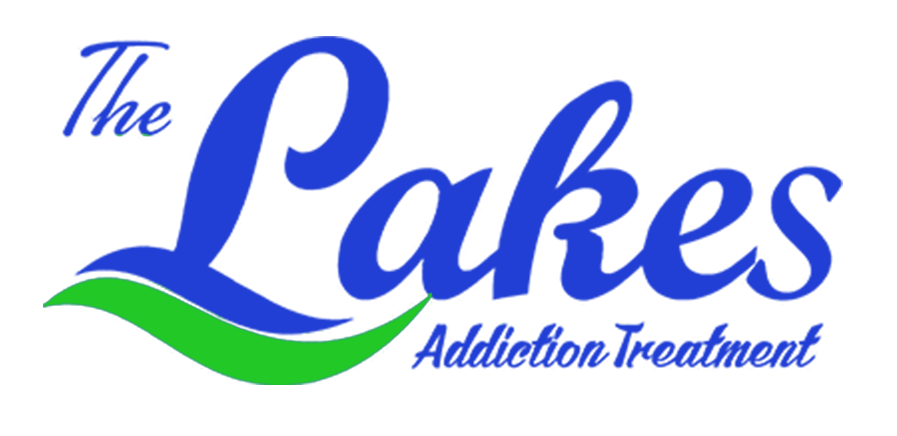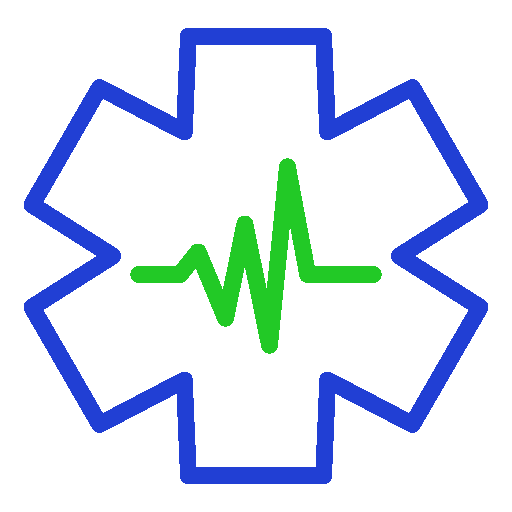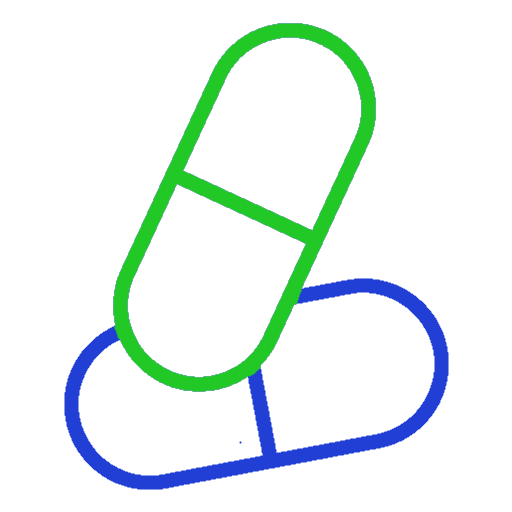Talking is one of the most important tools in drug and alcohol recovery. Being able to express yourself honestly, ask questions, and converse with professionals can help reframe your thoughts about sobriety and provide invaluable insights into living a healthier, happier life after addiction through effective addiction therapy.
It is important to select a person or persons who have extensive knowledge of drug or alcohol recovery as well as the time available to listen and support you during difficult moments. With the right people around you for each step of your recovery journey, talking can equip you with the strength to overcome the fears, doubts, and anxieties that may arise.
What is Talk Therapy for Substance Abuse Treatment?
First, let’s parse out our terms.
Substance abuse treatment is a comprehensive approach that addresses the physical, emotional, and psychological aspects of addiction. It involves a combination of medical, therapeutic, and supportive interventions to help individuals overcome their addiction and achieve long-term recovery. Substance abuse treatment can be tailored to meet the unique needs of each individual, taking into account their specific substance use disorder, medical history, and personal circumstances.
Talk therapy, also known as psychotherapy, is a crucial component of addiction treatment. It helps individuals understand the underlying causes of their addiction, develop coping skills, and work through challenging emotions and behaviors.
There are several types of talk therapy that can be effective in treating addiction, each offering unique benefits and approaches to support recovery. Let’s take a look at a few options below.
Cognitive Behavioral Therapy (CBT)
Cognitive Behavioral Therapy (CBT) is a type of talk therapy that focuses on identifying and changing negative thought patterns and behaviors that contribute to addiction. CBT helps individuals become aware of their thoughts, feelings, and actions, and how they interact with each other. By changing these patterns, individuals can learn to manage their cravings, avoid triggers, and develop healthier coping mechanisms.
CBT is highly effective in treating addiction because it empowers individuals to take control of their thoughts and behaviors. Through structured sessions, individuals learn to challenge and reframe negative thoughts, practice new behaviors, and develop strategies for dealing with stress and cravings. This proactive approach helps build resilience and promote long-term recovery.
Motivational Enhancement Therapy (MET)
Motivational Enhancement Therapy (MET) is a type of talk therapy that aims to motivate individuals to change their behavior and overcome their addiction. MET helps individuals resolve their ambivalence about quitting and develop a commitment to recovery. This type of therapy is often used in conjunction with other forms of treatment, such as CBT or medication-assisted treatment.
MET is particularly effective for individuals who may be hesitant or unsure about making changes in their substance use. Through a series of structured sessions, therapists use motivational interviewing techniques to help individuals explore their goals, values, and reasons for change. By enhancing motivation and building confidence, MET supports individuals in taking the necessary steps toward recovery.
Other Forms of Talk Therapy
In addition to CBT and MET, there are several other forms of talk therapy that can be effective in treating addiction. These include:
- Dialectical Behavior Therapy (DBT): This type of therapy combines CBT with mindfulness techniques to help individuals manage their emotions and behaviors. DBT is particularly useful for individuals with dual diagnosis, such as borderline personality disorder, and focuses on building skills in distress tolerance, emotional regulation, and interpersonal effectiveness.
- Family Group Therapy: This type of therapy involves the individual’s family members in the treatment process, helping them understand the addiction and develop strategies for supporting their loved one’s recovery. Family therapy can improve communication, rebuild trust, and create a supportive home environment that fosters long-term recovery.
- Group Therapy: This type of therapy involves a group of individuals who are struggling with addiction, providing a supportive environment where they can share their experiences and learn from each other. Group therapy offers a sense of community and reduces feelings of isolation, which can be crucial for maintaining motivation and accountability in recovery.
- Relapse Prevention: This type of therapy focuses on helping individuals identify and avoid triggers that can lead to relapse, and develop strategies for maintaining their recovery over time. Relapse prevention techniques include developing an aftercare plan, learning coping skills, and building a strong support network.
Your Responsibilities While Undergoing Talk Therapy
By addressing the root causes of substance use and providing ongoing support, talk therapy aims to help individuals build a foundation for a healthier, substance-free life. That said, you must first take responsibility for your own recovery for best results.
Here’s what you need to do to get the most out of talk therapy:
1. Being Honest
Being honest with yourself is not easy, but sometimes it’s the only path forward. In talking about the challenges and issues that lead to drug and alcohol use, you’ll gain a deeper understanding of yourself and what triggers your use.
You should also open yourself up to support people who are willing to listen and offer help or advice. Not only do they help you build strength and experience self-care but they can be powerful sources of accountability and encouragement when resistance mounts.
2. Asking Questions
Asking scary or honest questions about drug or alcohol abuse doesn’t make you weak — it can be one of your best resources on the road to recovery. By asking yourself questions designed to probe your cues and habits related to substance misuse, you’ll gain valuable insights into how you interpret and process the world around you. This information can be used to create helpful habits and positive strategies for healthy coping in the future, often through the use of behavioral therapies.
3. Reframing Your View
When recovering from a substance abuse issue, talking to a professional through mental health services can be incredibly beneficial. A professional will not only help guide you through the grieving and recovery process, but they can also help provide clarity on new perspectives and valuable insights that promote sobriety. These conversations are often full of encouragement, teaching you how to use positive thinking techniques, helping you break down your stresses in more manageable chunks, as well as teaching you about mindful practices. Having these meaningful conversations helps alleviate feelings of sadness and guilt associated with addiction while promoting a happy, healthy, and sober life.
Seeking Mental Health Services and Talk Therapy in Copperopolis, CA
If you feel lost or overwhelmed while navigating the talk therapy process, don’t hesitate to reach out for support from a team of addiction experts who can guide you through outpatient treatment options. In discussing your situation calmly and honestly with us, you’ll have an invaluable resource in gaining control over your feelings towards substance use and achieving your goals around sobriety.
Are you interested in starting your addiction recovery journey? Contact The Lakes Treatment Center at (209) 309-3573.







